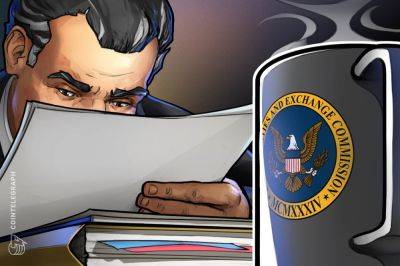With strikes behind them, get ready for Royal Mail’s next battles
“W e have grounds for optimism,” said Keith Williams, chair of Royal Mail’s parent company, adopting a tone that hasn’t been heard from the boardroom in a while. What’s more, you can see what he means. While a full-year “adjusted” operating loss of £419m at Royal Mail is nobody’s idea of a comfortable outcome, the number was no worse than advertised in January, which is something.
Meanwhile, after a year of strife and strikes, a deal on pay and working practices has been agreed with the leadership of the Communication Workers Union. The union’s members have yet to vote on the proposal – and some on social media sound less than enthused – but one assumes it will get over the line. The looming exit of the unpopular Royal Mail boss, Simon Thompson, may even be good for a few votes.
Plain sailing from here, then? Not quite. Royal Mail still has to secure the operational gains from the deal with the CWU, and targeted savings have had a habit of not materialising fully. The planned return to operating profit, ignoring voluntary redundancy costs, in the 2024-25 financial year is not secure yet. But, yes, the position definitely looks better than it was two months ago.
Do not, though, overlook two other factors that were subplots to the industrial dispute and have the potential to turn explosive in time. Neither has disappeared.
First, Williams made clear on Thursday that the idea of breaking up International Distributions Services (IDS), as the parent company is now known, is still on the table. In other words, GLS, the successful Amsterdam-based international parcels operator, could still be demerged to leave Royal Mail as a standalone company.
IDS could pitch a demerger as a plain-vanilla proposal since companies demerge all the
Read more on theguardian.com




















